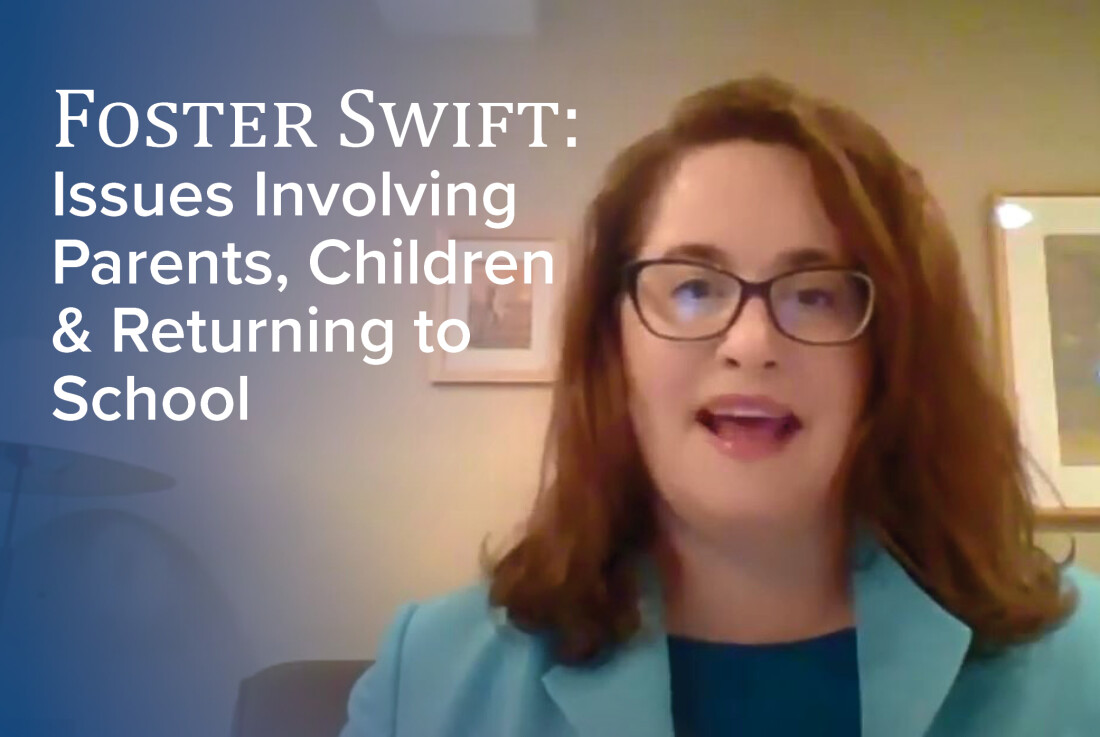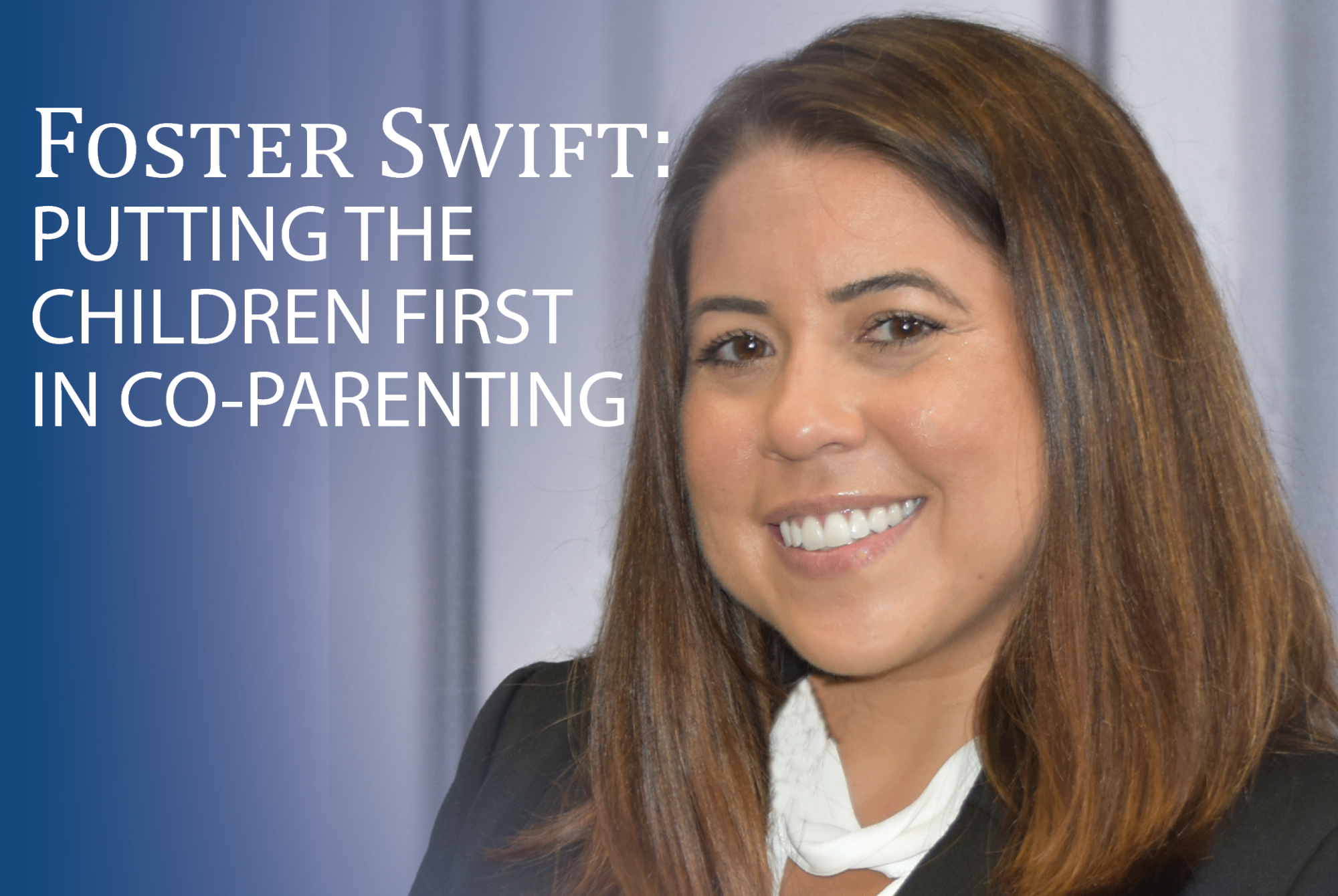Finding "The One": Perspectives on Hiring a Divorce Attorney
 Divorce is an unpleasant experience for most, but a positive attorney-client relationship can ease the burden. Thoughtful, competent representation can prepare you to thrive in your post-divorce life.
Divorce is an unpleasant experience for most, but a positive attorney-client relationship can ease the burden. Thoughtful, competent representation can prepare you to thrive in your post-divorce life.
While you should value any feedback, remember it is your divorce and it is for yourself that you are researching attorneys that suit you best. Below, attorneys Brett Schlender and Andrea Badalucco offer key perspectives to help the decision-making process.


Schlender: Find a warm referral. The attorney that suits you best will not always appear atop the search results. Seek a recommendation from a friend, your accountant, your financial advisor, your realtor, or a divorced neighbor. You can count on friends to offer honest feedback about their experience and many professionals take pride in making quality referrals.
Badalucco: A friend who knows. Often we turn to a friend when sharing a challenging situation, why should it be any different with a divorce or child custody litigation? A friend who knows you, or who knows someone in the legal profession is often a good place to start your search. If your friend knows of someone within the legal community, this may lead you to focusing your search for the right attorney for you. Alternatively, your friend may be a good companion when taking those initial steps to meet with an attorney once you are ready to begin the consultation process. A second set of ears to hear your attorney’s perspective may be just what you need in emotional moments.
Schlender: Do your homework. Once you have a short list, begin your online research. Assess the attorney’s degree of specialization, especially if you foresee heightened conflict or identify complexities in your situation. Client reviews may also provide helpful insight. If you have a specific question about an attorney’s experience or specialization, reach out to him or her directly.
Badalucco: Consultations. Most family law attorneys are able to offer the opportunity for a brief consultation while you are in the search phase. Making this choice is a personal decision that requires a level of comfort and without making time to meet your prospective attorney face-to-face, you may not feel confident. Your consultation is the chance for you and the prospective attorney to learn whether you are a good fit for one another.
Schlender: Evaluate firm resources. A divorce can entail up to five cases in one: property division, spousal support, custody, parenting time and child support. Each might involve law relating to business entities, real estate, immigration, trusts and estates, health care, employee benefits, school law, tax and other areas. Though no one attorney has expertise in all these fields, a law firm might. If you anticipate your matter might involve issues that are particularly diverse or complex, you may benefit from an attorney with access to the collective knowledge of a full-service firm.
Badalucco: Know your issues. When deciding which attorney is right for you, you should have some working knowledge of what you think the potential issues may be. For instance, are there young children involved? If so, then are you going to need a plan for their continuing education, or other needs? Another financial issue may be a small business interest that is operated by one spouse, but in which the other spouse may have an interest. It may be wise to see if your prospective attorney has dealt with your circumstances, or at least has a working knowledge of how the law treats your circumstances.
Schlender: Consider the unexpected. When you hire an attorney, you are handing that person the proverbial keys to your car. You are sitting shotgun and giving directions, but the attorney is behind the wheel. In legal matters and transportation alike, you want someone at the helm with the skill and attentiveness to navigate unforeseen events. No matter how complex you view your case, there is value in finding an attorney not only with the competence to guide you from A to B, but also with the skills necessary to hedge against risks and address unexpected events along the way.
Badalucco: Your team. You will likely have a team of people who guide you toward the goals you set. You should participate in sharing the information needed to help your attorney understand your family’s needs and goals, but you should not expect your attorney to provide you every level of support needed to navigate the family law litigation process. Stay connected to your attorney, but not reliant. Achieving your goals will take a team of support that includes your attorney, but not only your attorney. Others that you might look to during this time may include a financial planner, your accountant, counselors, etc.
Use your best judgment
You should go with the attorney that you feel the most comfortable with and the one that you feel most strongly can thoroughly represent you. Consider the dynamics—both good and bad—of other professional relationships you’ve had. How might those translate to this particular endeavor? Look for an attorney who takes an interest in the facts and can articulate a plan on how to prove them. Time is an attorney’s only commodity, so the consultation should not feel like a sales pitch. The initial meeting is your opportunity to tell your story. You should receive guidance that helps you form expectations on how the next few months of your life might unfold. Survey the impressions you have formed during the initial meeting and trust your instincts.
Choosing the right lawyer is the first step to a fresh start. If you have questions about the divorce process, contact a Foster Swift divorce attorney.
Categories: Divorce, Post Judgement

Andrea offers more than a decade of courtroom experience in civil, criminal, family law and juvenile matters. Drawn to the particular needs of clients in family law, Andrea has dedicated her time to serving those navigating the sometimes complex arena of the family court system.
View All Posts by Author ›


 Share
Share


